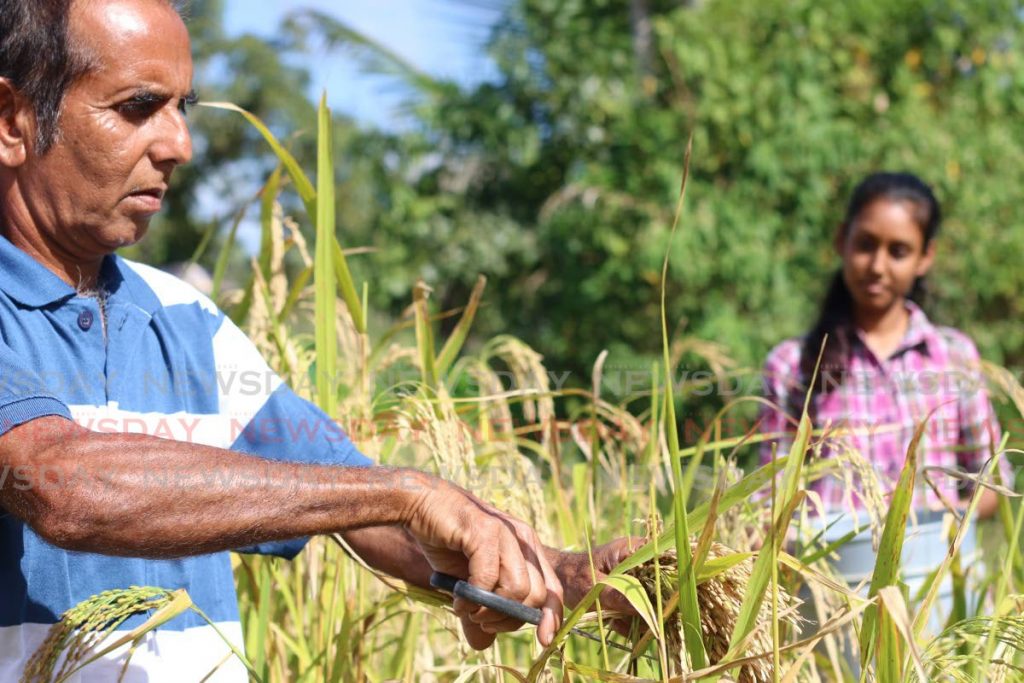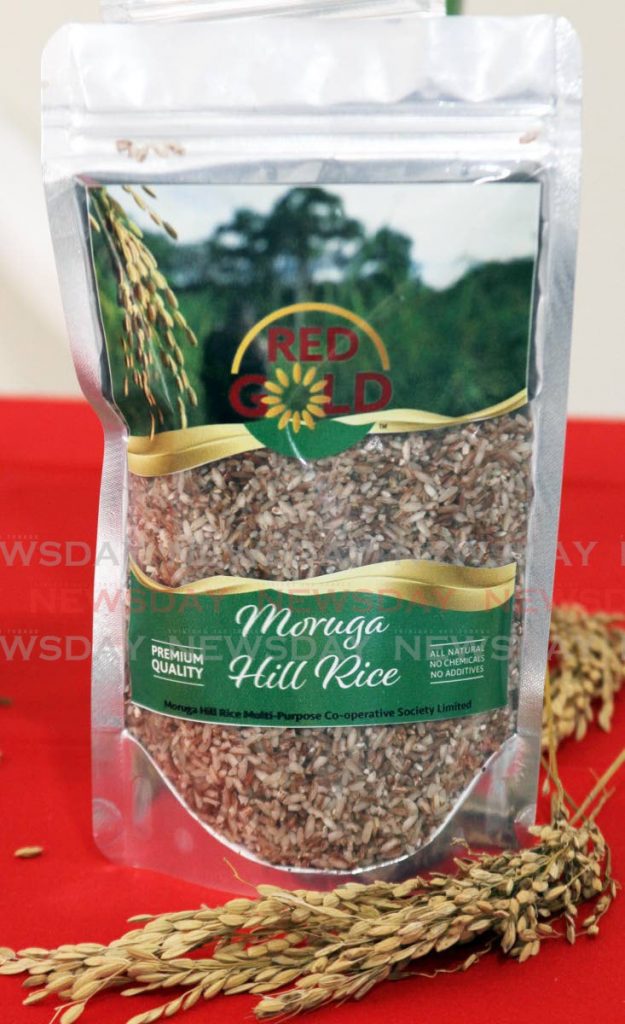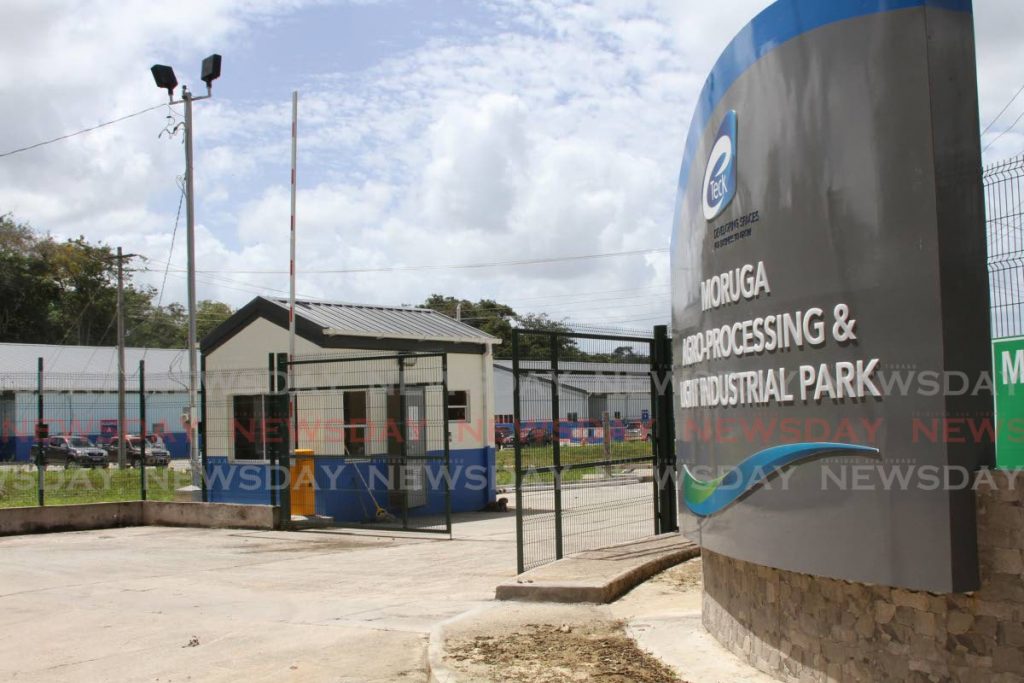Agro-processing’s uphill struggle

The recent call by the president of a co-operative society set up to promote one of this country’s signature crops shows the uphill struggle the agro-processing sector as a whole still faces.
“We need start-up capital,” said Rachael Ann Cooper-Lee, president of the Moruga Hill Rice Multi-purpose Co-operative Society, in an interview with Business Day last week.
Established in 2018, the society is made up of just over 63 registered farmers and also farming families in the community. A study in 2018 estimated 113 acres of the crop are under cultivation, but Cooper-Lee and other farmers would like to see that ramped up through mechanisation and incorporation of technology.
Exactly three years ago, a New York Times article shone a light on Moruga hill rice and its connection to what is known simply as hill rice in the US (Thomas Jefferson called hill rice “a miracle”). Yet, despite efforts by two government ministries to offer grant support and raise local awareness, it is not apparent this country was able to harness the traction of such exposure on the international market.
Moruga hill rice is something of a miracle crop, but don’t tell that to local investors. There are several varieties – including those known as Bongo Farina, Bongo Toffee, Bongo Farina Long Beard, Black Hen and Black End – but a lot more research can be done to confirm the strains unique to TT.

Today, some supermarkets stock the rice and one company even offers to sell it online. But public awareness and appetite are lower than ideal, especially at a time when the issue of food security has become ever more crucial.
The rice is just one of several local brands or strains that have achieved international prominence but received local neglect. Alongside Moruga hill rice are Moruga scorpion pepper and Trinitario cocoa – both of which are world-renowned, yet in their country of origin they struggle to get respect and investment.
Small farmers are banding together to generate economies of scale for export, but there is only so much they can do without an enabling environment to help establish and dominate the market. The State has issued grants and tax exemptions, but the final push has to come from the private sector. With the devastating impact of the covid19 pandemic likely to linger, the appetite for risk is even lower, and that final push is not likely to be forthcoming.

Can the State’s support go even deeper? How can it better match unused capital with skills, produce and forward-thinking business plans?
There is something to be said for the State playing a more direct role in establishing “Made in TT” on the international market, encompassing all of these products under one banner of regulation. Such a banner could be more than just a marker of origin; it could be a valuable stamp of approval.
As the farmers of Moruga hill rice know, a hands-on approach is probably the best way to ensure a good yield.

Comments
"Agro-processing’s uphill struggle"